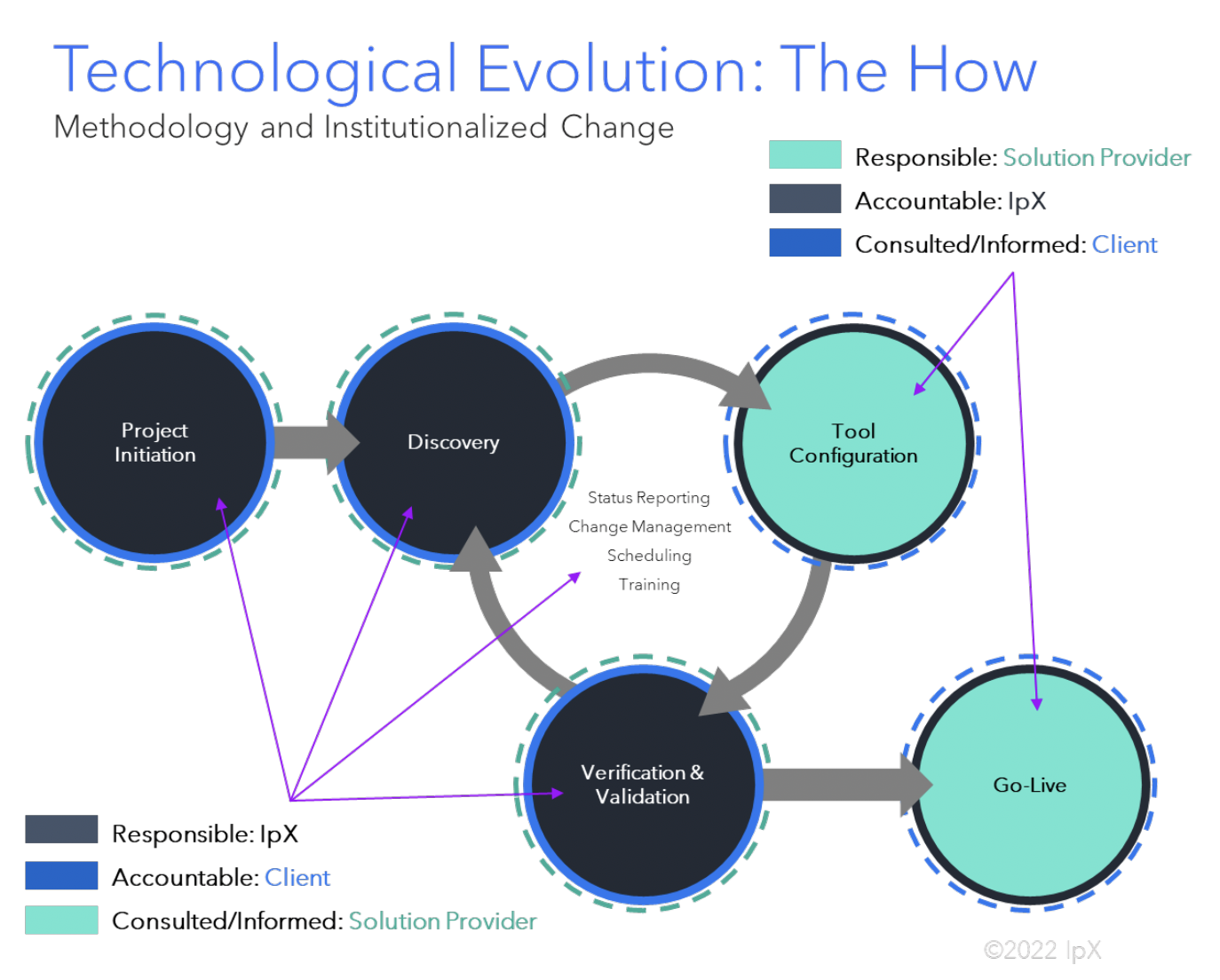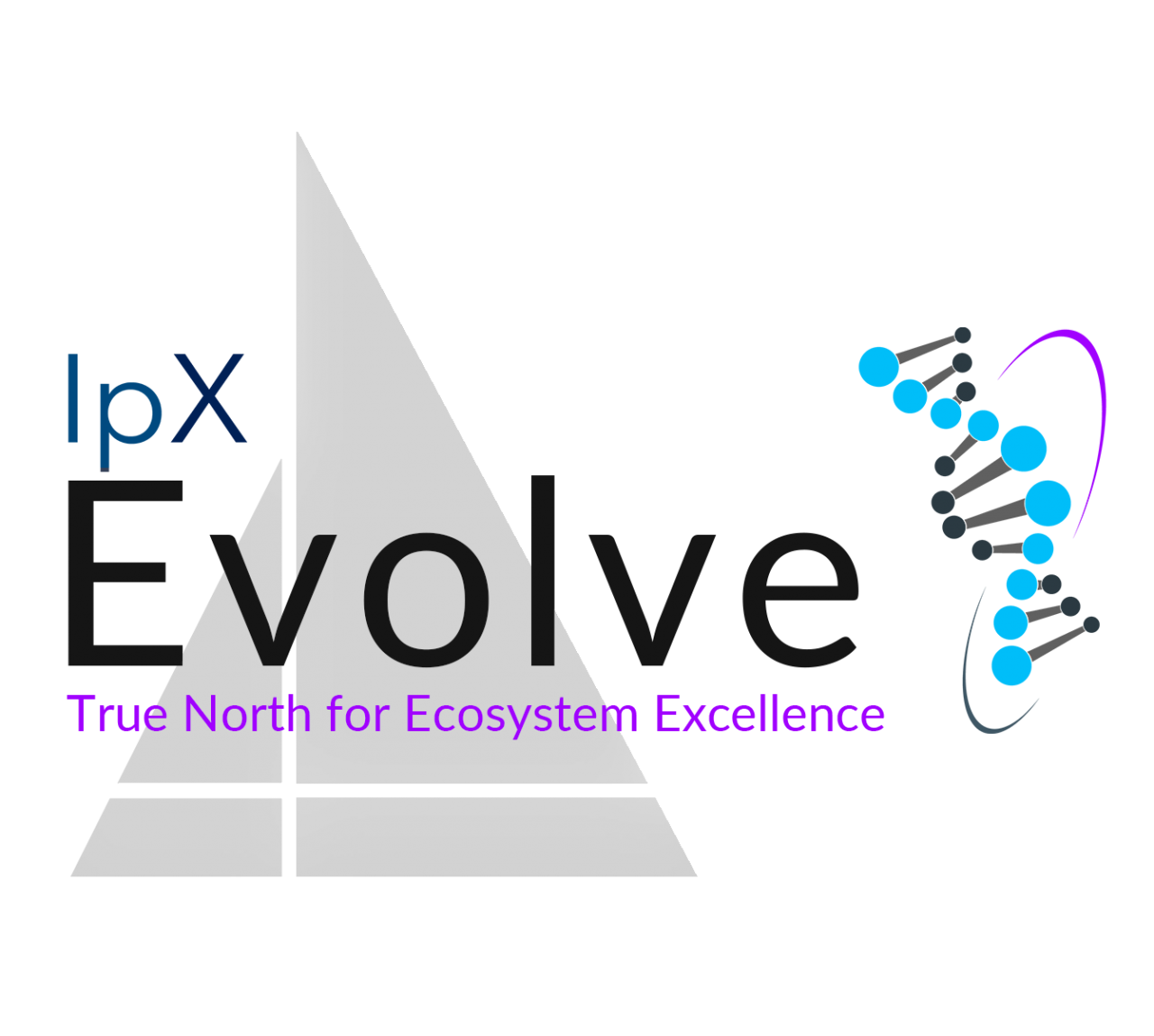Even though modern tool solutions are designed to be transparent and simple to use,
due to the complexity of operations and the need for certain configuration and
optimization, it is crucial to have a process expert on your team.
Understandably, many organizations struggle with the decision of whether or not to
hire a third-party process expert. This role is often added as a bolt-on to an existing
team that also has its hands full with immediate operational tasks and priorities. These
team members usually lack either the time or a thorough understanding that a hired
process expert provides - along with their proficiency to support an organization’s
business process definition, requirements gathering and tool provider selection.
Besides getting to know the fundamentals of the out-of-the-box tool operations from
the solution provider, partnering with a process expert allows you to gain guidance
and expertise in optimal processes and ways of working. The tool provides a systematic
workflow but does not define the business process and activities that must be
accomplished efficiently and
effectively behind each of the workflow steps. For example, consider the
elements of product lifecycle
management: requirements release
and control, change process, BOM
management, product release
management, document control,
options and variants, part numbering
and naming, risk management, forecast and demand management, and planning for aftermarket and
serviceability. These activities must have an efficient and effective process that will in
turn produce data integrity. Along with all of the activities and decisions that need to
be made to accommodate which data belongs in which tool, process experts can steer
you towards a single source of truth, or master of data, and proper data ownership
making these decisions robust through their guidance on industry standard best
practices.
Incorporating external process and tool experts to your team can provide additional
perspective and considerations such as:
- Kick-starting a project with a portfolio of existing foundational sets of
requirements from previous implementations.
- Experience writing good requirements (not solutioning) and user acceptance
criteria to guide the solution.
- Experience with and knowledge of best practices across industry.
- Ensuring equal voices across the business and a true organizational change
management approach.
- Preventing the key individuals who are running the day-to-day from also running
a tool implementation.
- Efficiently and effectively utilizing the knowledge of key stakeholders/SMEs in
key decisions.
- Capitalizing on the opportunity for process improvement and optimization now
with the understanding that good data doesn’t come from automating bad
processes.
Modern tools have the ability to integrate people, data, processes and systems
providing a digital product information backbone for an enterprise-wide digital thread
that spans the functional disciplines, teams, sites and business units of an organization.
Decisions being made during the early phases of tool development are often very
difficult to undo later. Being confident and efficient in the decisions you make is critical
to the long-term use of the solution and resulting efficiency and effectiveness of your
business.

IpX's Approach
The IpX discovery methodology
draws its influence by focusing on
Organizational Change
Management instead of a siloed
approach. IpX utilizes Six Sigma
tools, led by a Certified Six Sigma
Blackbelt, to interview, analyze,
develop and implement a solution
that efficiently drives organizations
to a clear, concise, valid, and
unified goal.
When the Six Sigma and IpX CM2
methodology are paired together,
IpX process experts can map out
the As-Is Process, conduct a gap
analysis to define the To-Be
process, and then define clear,
concise and valid requirements within a matter of weeks, when organizations alone find
this is almost impossible for them to complete.
For more information on how to get engaged with IpX Services for your next tool or
transformation project, contact IpX Services at
services@ipxhq.com.
Read our next blog,
"Why Many Transformation Projects Fail," highlighting how to ensure user adoption and a successful outcome through well-defined requirements, tool agnostic business processes, and detailed administrative procedures for consistent and repeatable results.
Authors
Brandy Taylor is the VP of Services at IpX with over 20 years of experience in engineering
and project management within the aerospace, civil, military and automotive industries.
Brandy holds a Bachelor’s and Master’s degree in Aerospace Engineering from the
University of Michigan, and a CM2-Professional certification.
Connect on LinkedIn
Thomas Miller s the Director of Enterprise Systems and Processes at IpX with more than
14 years of experience in enterprise systems, business processes, IT/Cyber Security,
and software development within the aerospace, automotive and manufacturing
industries. Thomas holds a bachelor’s degree is Computer Technology with an applied
area of manufacturing, a Six Sigma Black Belt for the North American region, and a CM2-
Comprehensive certification.
Connect on LinkedIn 
Always Evolve with IpX
IpX believes organizational sustainability, scalability and transformation are born from the continual evolution of people, processes, systems and data. Through our leading workforce development platform known as the IDEA Academy, our CM2 standard and certification courses, True North professional services, and digital solution advisement, we enable your organization to always evolve based on a functional blueprint for the ecosystem of tomorrow. Drive innovation, create a better customer experience, and enable your workforce as an organization built for change, speed, quality and resiliency.
www.ipxhq.com

